Differences and similarities between words
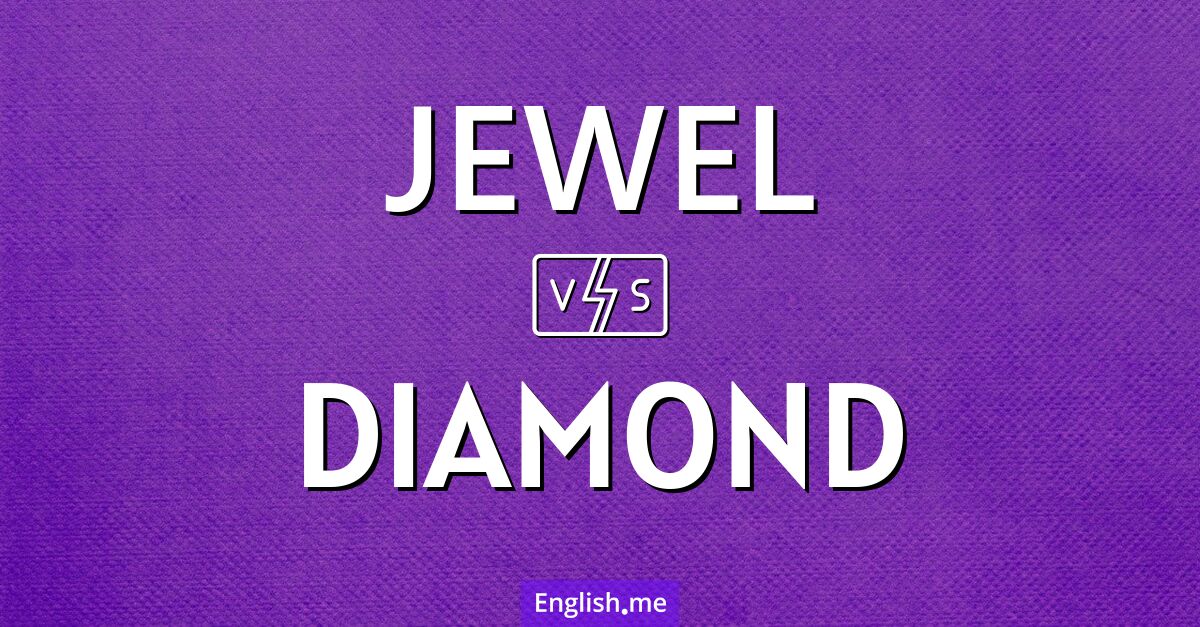
"Jewel" vs. "diamond": a sparkling comparison
"Jewel" is a general term for a precious stone used ... Learn more →
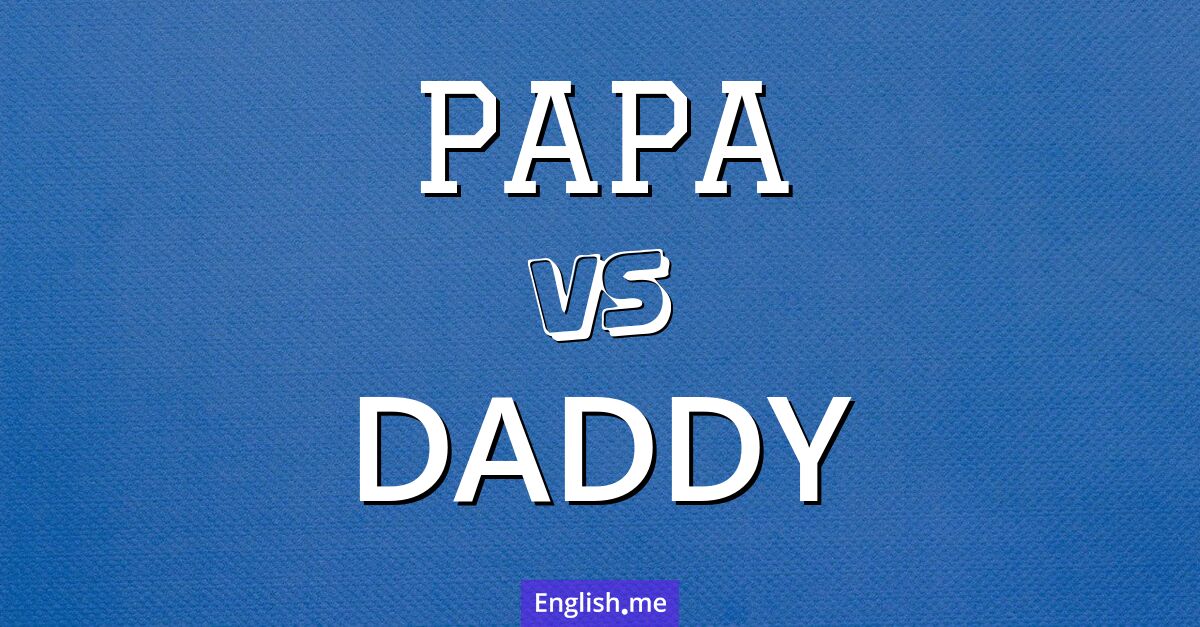
"Papa" vs. "daddy": a closer look at familial terms
The word "daddy" is more commonly used in American English, ... Learn more →
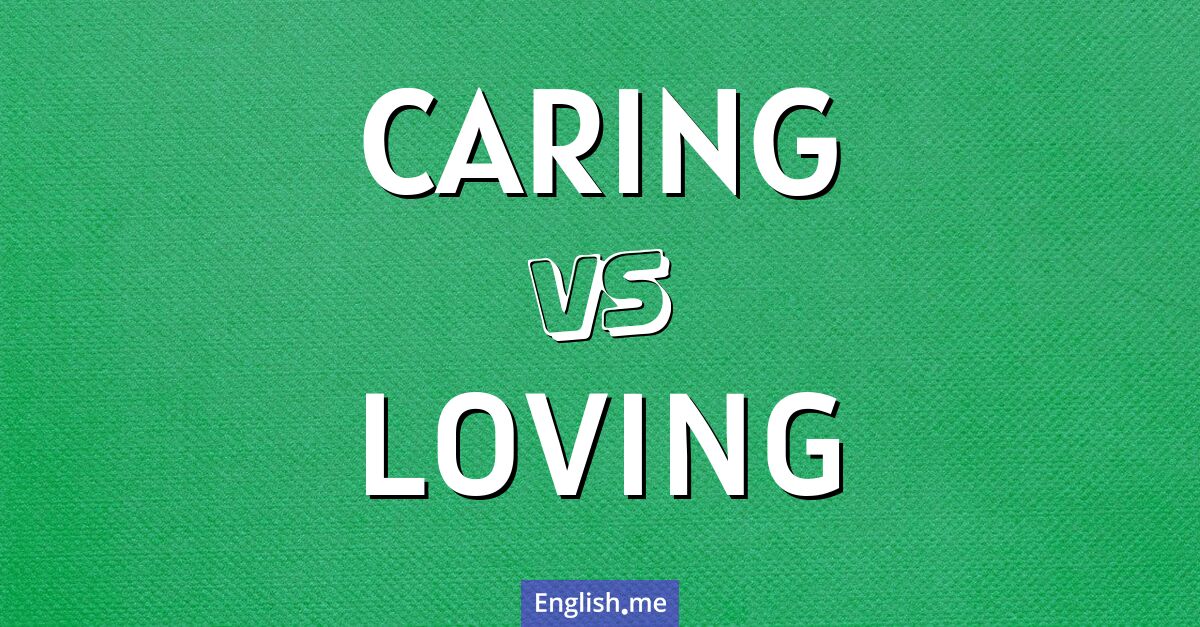
"Caring" vs. "loving": exploring the connection and contrast
Caring generally implies showing concern and attention, often in a ... Learn more →
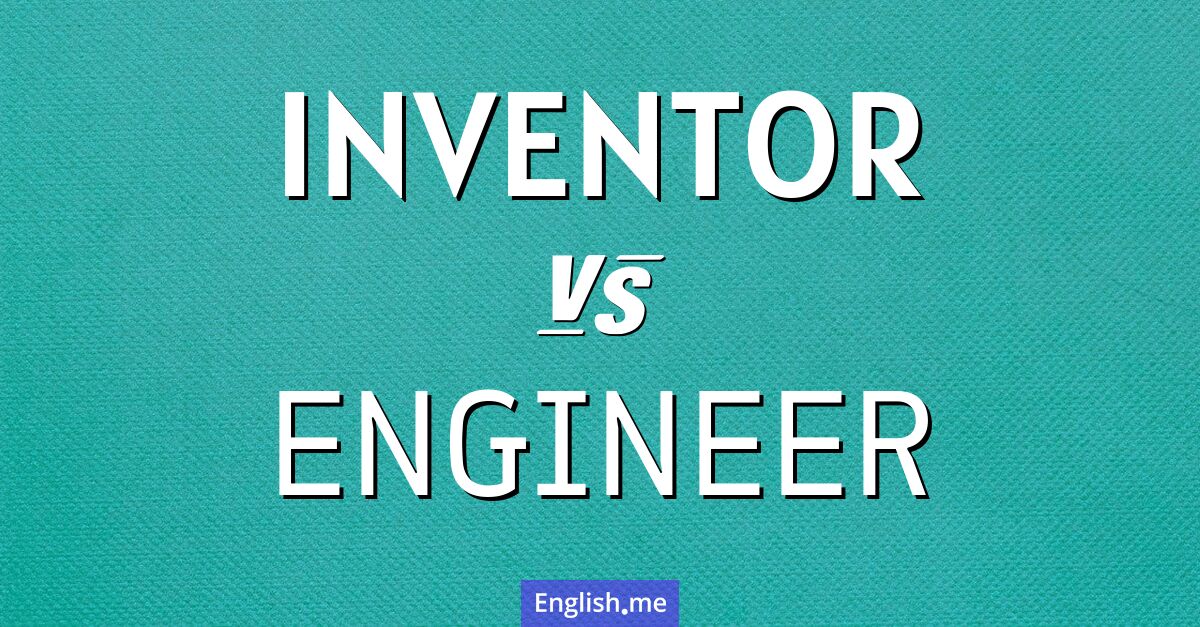
"Inventor" vs. "engineer": crafting ideas and building reality
"Inventor" typically refers to someone who creates something novel or ... Learn more →
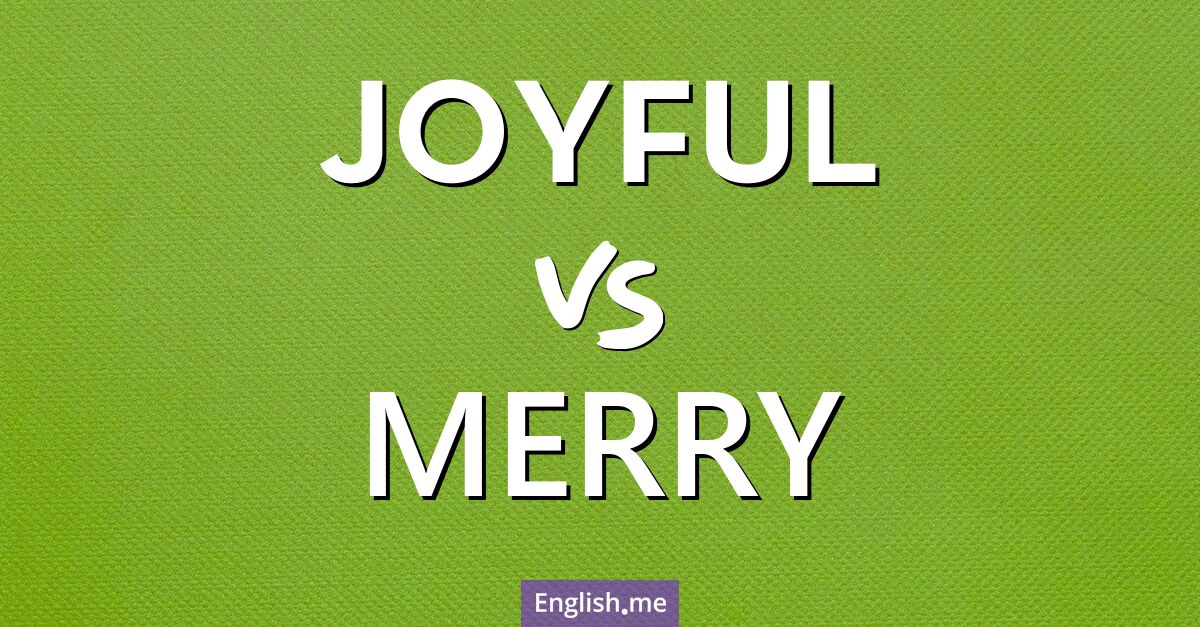
"Joyful" vs. "merry": a happy duo with distinct flavors
The word "joyful" implies a more profound and often spiritual ... Learn more →
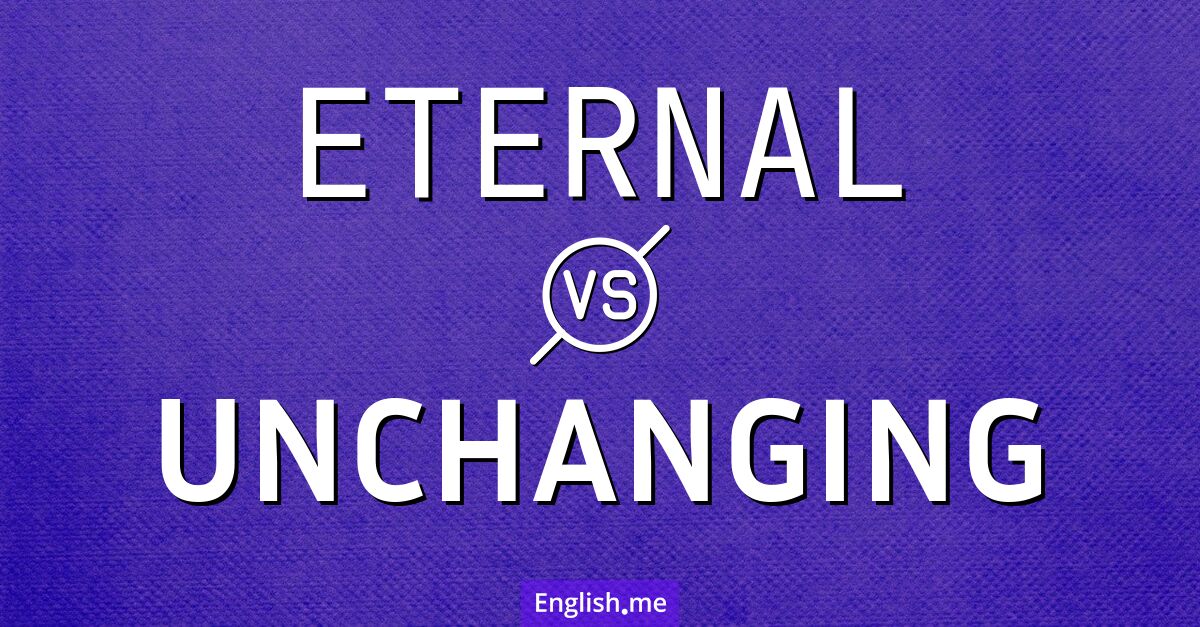
Timeless or static? Exploring "eternal" vs. "unchanging"
While "eternal" implies an existence outside of time and is ... Learn more →
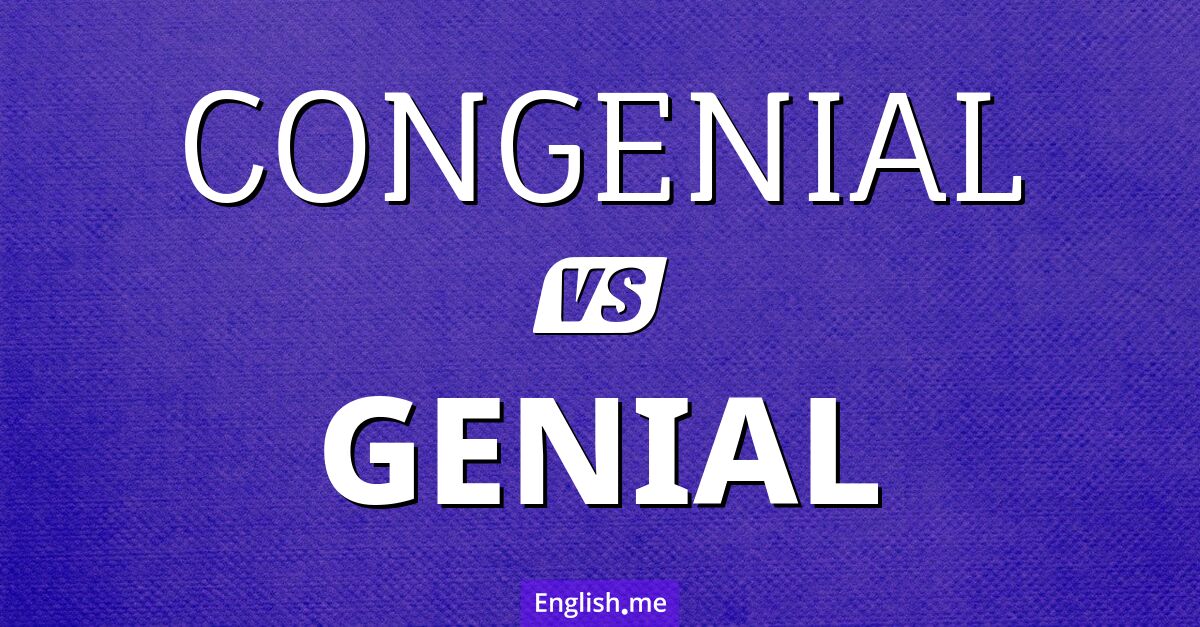
"Congenial" vs. "genial": a friendly comparison
"Congenial" is often used to describe an environment or person's ... Learn more →
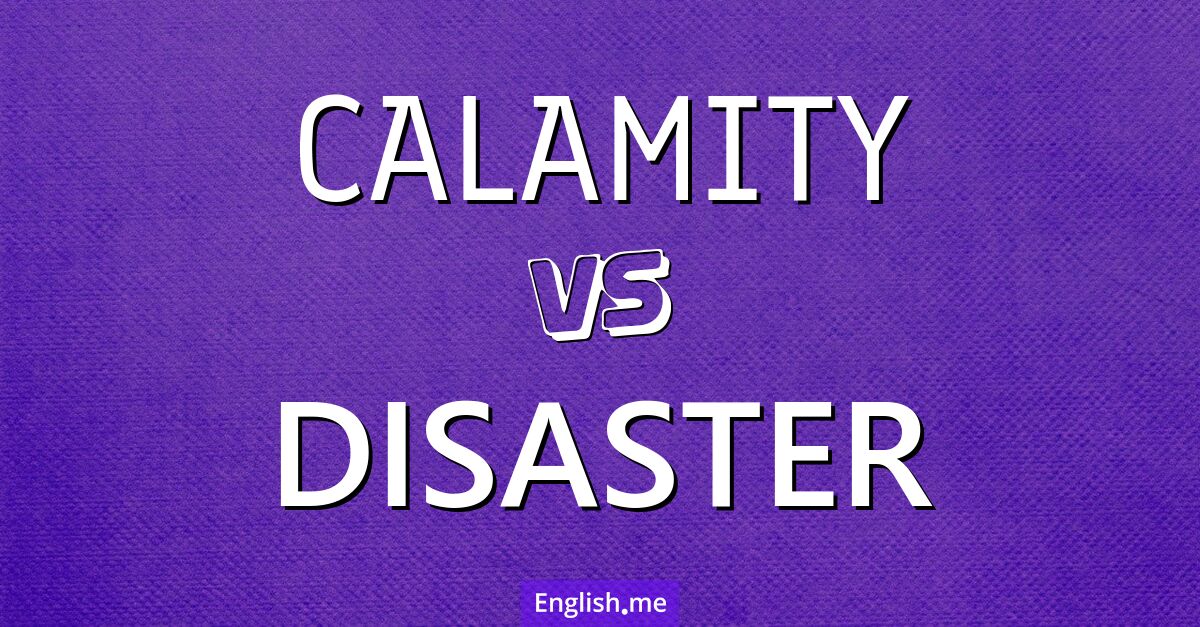
"Calamity" vs. "disaster": nuances of misfortune
While both terms describe adverse events, "calamity" can sometimes imply ... Learn more →
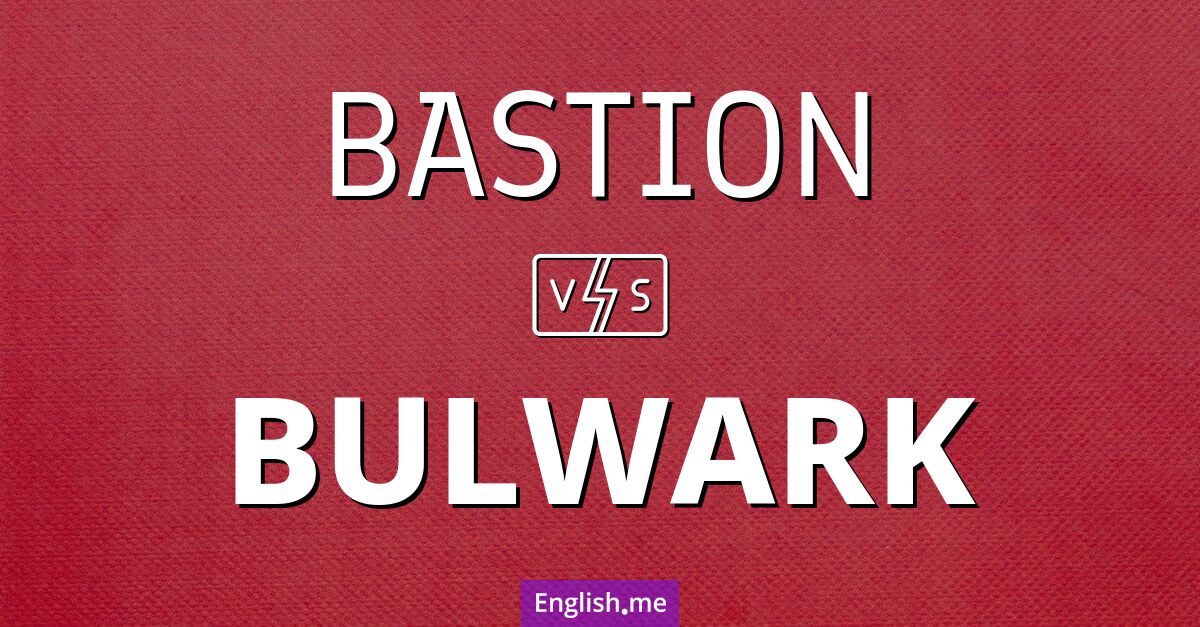
Fortified words: exploring "bastion" and "bulwark"
A "bastion" is specifically a projecting part of a fortification ... Learn more →
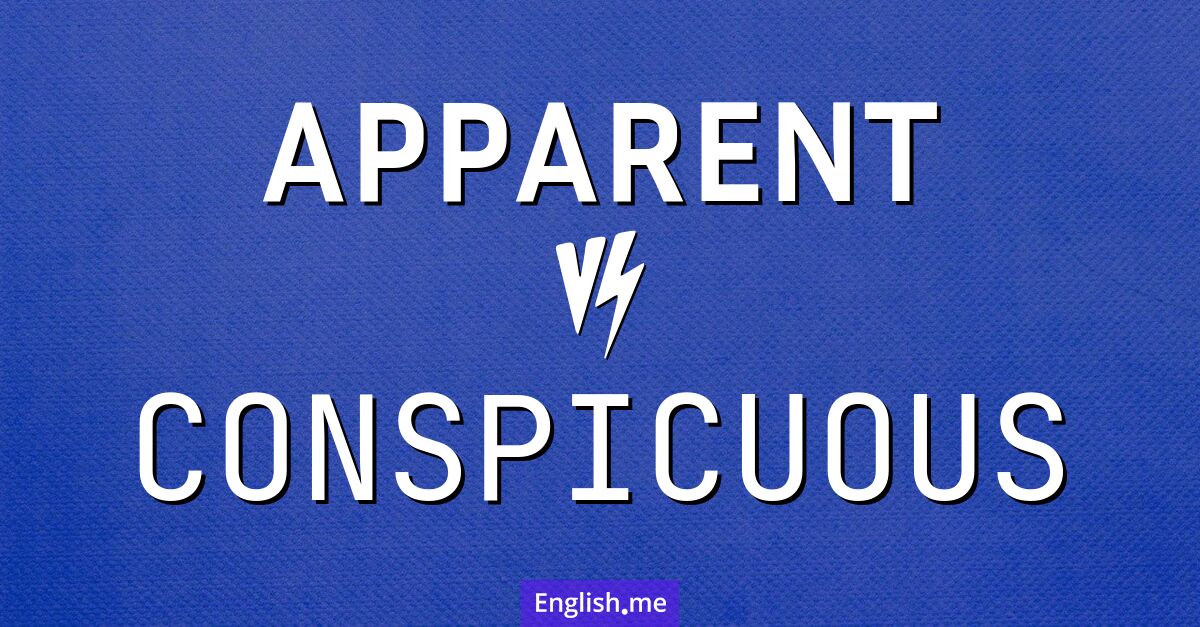
Visible distinctions: exploring "apparent" vs "conspicuous"
"Apparent" often refers to something that seems to be true ... Learn more →

 English
English español
español française
française italiano
italiano deutsche
deutsche 日本語
日本語 polski
polski česky
česky svenska
svenska Türkçe
Türkçe Nederlands
Nederlands